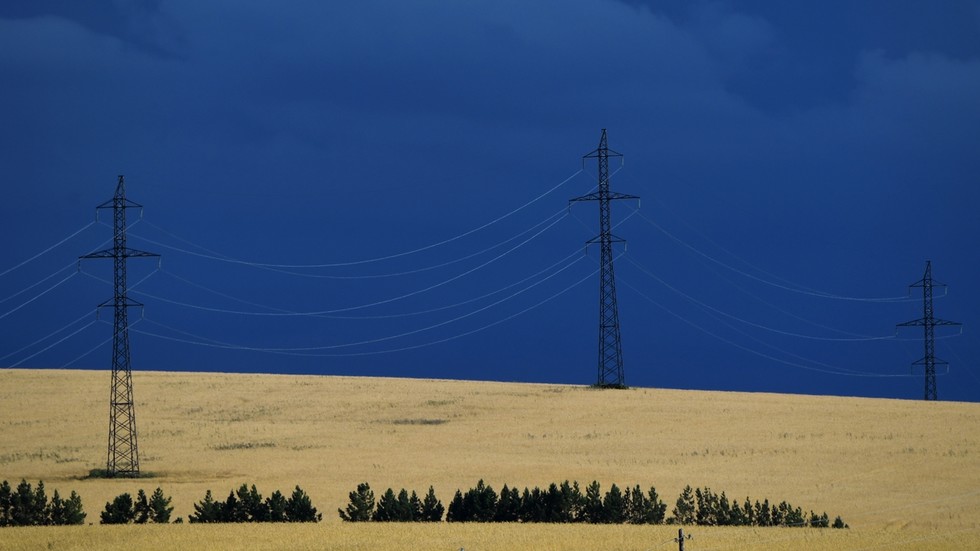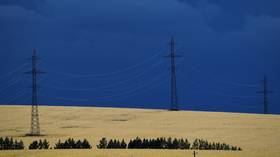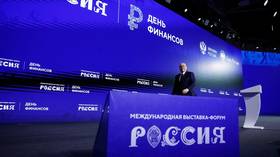
Power consumption has been driven up by the metals, machinery, rail and shipping sectors

© Sputnik / Aleksandr Kryagev
Russia’s electric power usage rose 1.4% in 2023 compared to the previous year, exceeding 1.121 trillion kilowatt hours, according to the latest data released by the Russian Power System Operator.
Demand rose on all regional networks, but most notably in the Far East, Siberia and the south. The overall increase was reportedly triggered by a surge in consumption from machine builders and metals factories, Russian Railways, and the southern ports.
Electricity consumption in Siberia and the Far East grew due to major investment projects by metals firms, rail infrastructure development, and intensified trade links with China, according to Sergey Sasim, Director of Institute of Economics and Utility Regulation at HSE, as cited by Kommersant.
He added that increased activity in the military-industrial complex and higher household consumption also contributed to the power demand surge in the regions.

Demand was also fuelled by a surge in manufacturing, particularly mechanical engineering and metalworking, Aleksey Fadeev, head of special projects at the Institute for Natural Monopolies Research, told the business daily.
According to data tracked by Rosstat, production in manufacturing industries over the first 11 months of 2023 saw a year-on-year surge of 7.5%.
Southern regions have seen increased rates of consumption for the past few years, up by a quarter in 2016–2023, according to Fadeev, who cited population growth, and the development of the agricultural sector, industry and transport.
Electricity production accelerated along with the demand surge in 2023, the report reads. The figures were boosted after the destruction of the Kakhovka hydroelectric dam in the Kherson region, which led to increased supplies to four former Ukrainian territories that joined Russia in 2022.
For more stories on economy & finance visit RT’s business section




